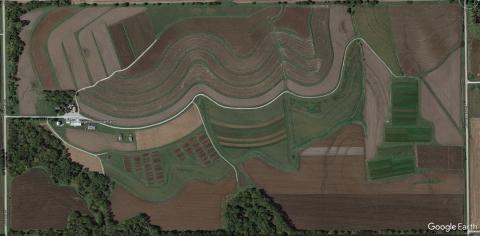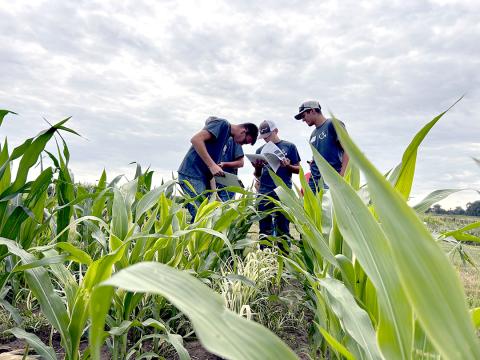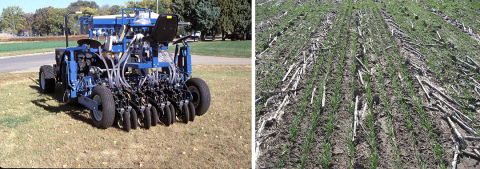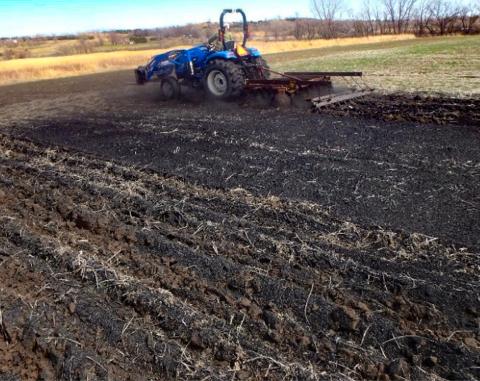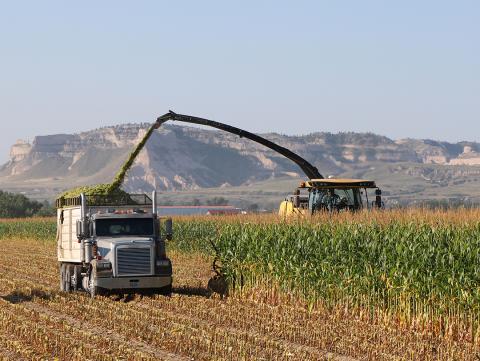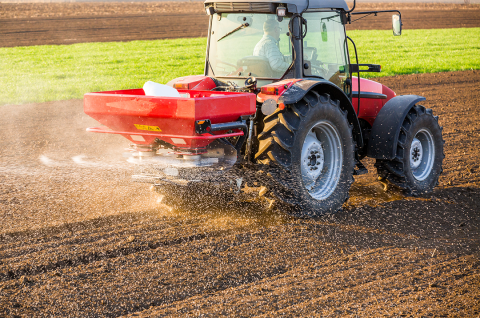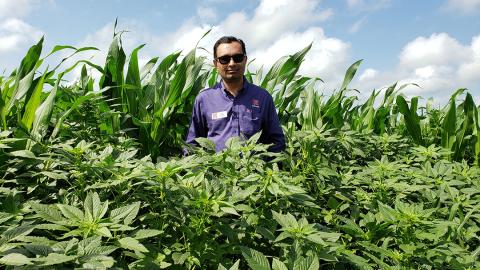2024 Cover Crop and Soil Health Field Day Kicks Off Sept. 17
September 11, 2024
The field day will feature demos and discussion on a wide array of cover crop and soil health practices by UNL faculty and extension professionals, including a statewide study on cover crop variety selection and performance.
Colfax County Claims Top Honors at 2024 Youth Crop Scouting Competition
September 11, 2024
Snagging both first and third place in this year's competition, the 4-H'ers of Colfax County are once again proving their reputation as agronomy aficionados.
The Moves to Make for Late-seeded Winter Wheat
September 11, 2024
Late-seeded winter wheat can yield higher than early-seeded crops, partly due to reduced disease and insect issues. This article provides tips for increasing seeding success if weather or harvest has caused delays.
Nebraska Field Experiments Investigate Biochar Impact to Soil Health and Crop Yields
September 10, 2024
UNL researchers are utilizing biochar and cover crops in environmentally sensitive Nebraska soils to identify the conditions under which biochar may benefit temperate regions.
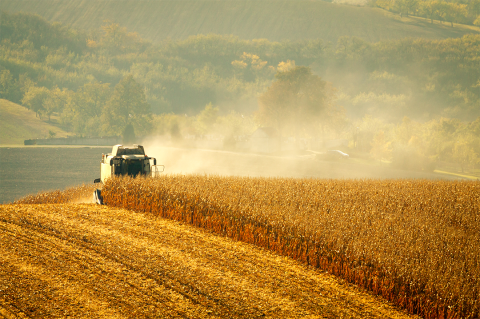
Crop Progress: Corn, Dry Bean Harvest Underway
September 10, 2024
Corn and dry bean harvest has begun in Nebraska, and winter wheat planting was at 7% as of Sept. 8.
Panhandle Research, Extension and Education Center Cuts Corn Plots for Silage
September 10, 2024
Extension updates on harvest progress in the Panhandle as the irrigation season closes out.
Growers Sought for Potassium Study
September 9, 2024
Boost your yields and refine your practices: Join UNL's potassium fertilization study and gain valuable insights into your soil and crop performance.
Agronomy and Horticulture Seminar Series Begins Sept. 12
September 4, 2024
Free to the public, the fall seminar series will highlight the latest research and technologies for herbicide-resistant weeds, crop genetics, sustainable agriculture, digital agriculture, the impact of droughts on public health, and more.


